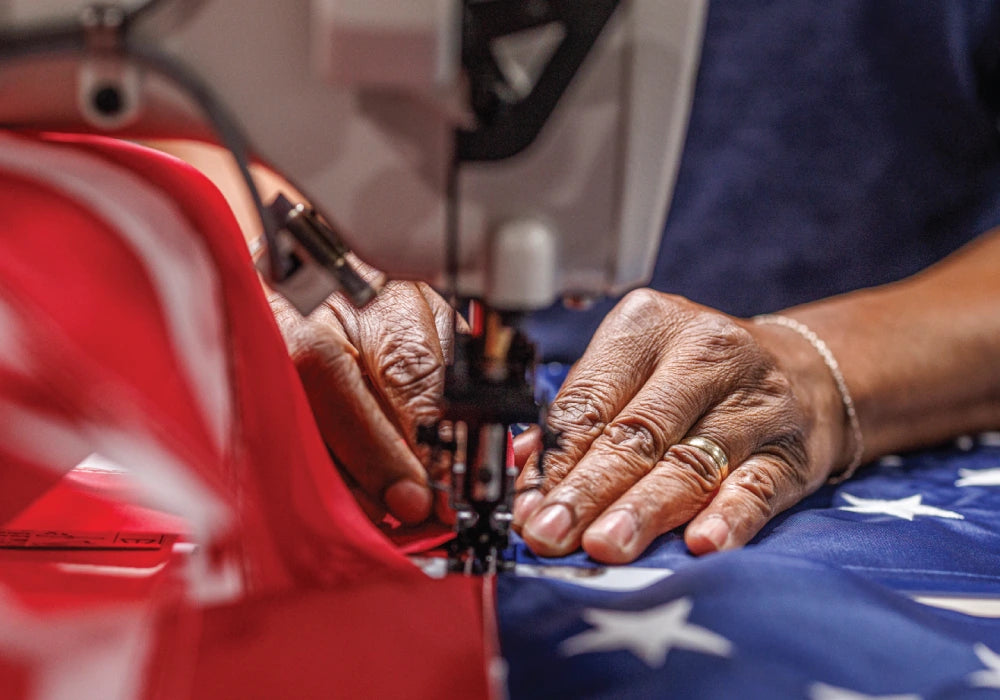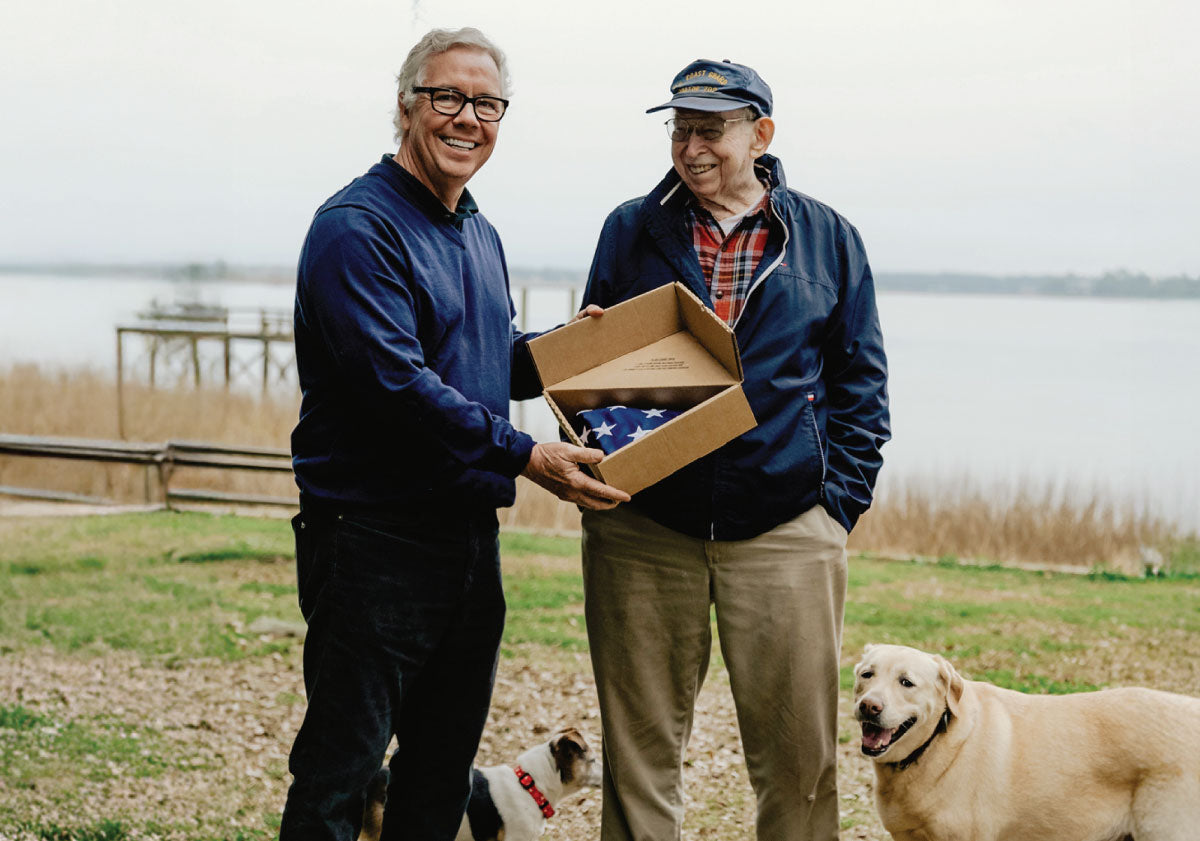June 2


1886
President Grover Cleveland became the first sitting president to marry in the White House when he married Frances Folsom, a young woman 27 years his junior. Frances was the daughter of a former law partner and Cleveland’s legal ward; Cleveland had literally known her since she was born. When she was 11, Frances’ father died and Cleveland became her legal guardian, remaining close friends with her mother. In another White House first, Frances and Cleveland’s second daughter Esther became the first child born to a president in a White House bedroom.

1924
President Calvin Coolidge signed into law the Indian Citizenship Act, conferring citizenship on all Native Americans born within the territorial limits of the country. Before the Civil War, citizenship was often limited to Native Americans of one-half or less Indian blood. In the Reconstruction period, progressives sought to accelerate the granting of citizenship to friendly tribes, though state support for these measures was often limited. In 1888, most Native American women married to U.S. citizens were conferred with citizenship, and in 1919 Native American veterans of WWI were offered citizenship. The privileges of citizenship, however, were largely governed by state law, and the right to vote was often denied to Native Americans in the early 20th century.

1997
Timothy McVeigh, a former U.S. Army soldier, was convicted on 15 counts of murder and conspiracy for his role in terrorist bombing of the Alfred P. Murrah Federal Building in Oklahoma City. On April 19, 1995, a massive truck bomb exploded, collapsing the north face of the nine-story building. When the rescue effort finally ended two weeks later, the death toll stood at 168 people, including 19 young children. In December 2000, McVeigh asked a federal judge to stop all appeals of his convictions and to set a date for his execution by lethal injection at the U.S. Penitentiary at Terre Haute, Indiana. McVeigh’s execution, in June 2001, was the first federal death penalty to be carried out since 1963.
June 3

1937
American socialite Wallis Warfield Simpson, a divorced American socialite, married the duke of Windsor—formerly King Edward VIII of Great Britain and Northern Ireland. By 1934, the pair had fallen deeply in love but Simpson was still married to Ernest Simpson, an English-American businessman who lived with Mrs. Simpson near London. The royal family disapproved of Edward’s married mistress, but the king was intent on marrying her. Mrs. Simpson obtained a preliminary decree of divorce, presumably with the intent of marrying the king, precipitating a major scandal in bot the US and the UK. Edward VIII’s 325-day reign came to an end when he abdicated his thrown to be able to marry the American.

1943
A group of U.S. sailors marched through downtown Los Angeles, carrying clubs and other makeshift weapons and attacking anyone wearing a “zoot suit”—the baggy wool pants, oversized coats and porkpie hats favored by many young men of color at the time. Over the next week, the so-called Zoot Suit Riots spread throughout the city. Negative sentiments towards those wearing the "zoot suit" grew out of racial tensions and the rationing of wool during WW2. One was deemed unpatriotic if wearing the style. The riots finally calmed when military officials banned all military personnel from L.A. and called on military police to patrol the city. The L.A. City Council subsequently passed a resolution prohibiting the wearing of zoot suits on city streets.

1965
120 miles above the Earth, Major Edward H. White II opened the hatch of the Gemini 4 and stepped out of the capsule, becoming the first American astronaut to walk in space. Attached to the craft by a 25-foot tether and controlling his movements with a hand-held oxygen jet-propulsion gun, White remained outside the capsule for just over 20 minutes. The Gemini space flights were the first to involve multiple crews, and the extended duration of the missions provided valuable information about the biological effects of longer-term space travel. When the Gemini program ended in 1966, U.S. astronauts had also perfected rendezvous and docking maneuvers with other orbiting vehicles, a skill that would be essential during the three-stage Apollo moon missions.
June 4

1919
The 19th Amendment to the U.S. Constitution, granting women the right to vote, is passed by Congress. By the beginning of the 20th century, the role of women in American society was changing drastically; women were working more, receiving a better education, bearing fewer children, and several states had authorized female suffrage. In 1913, the National Woman’s party organized the voting power of these enfranchised women to elect congressional representatives who supported woman suffrage. The 19th Amendment, which stated that “the rights of citizens of the United States to vote shall not be denied or abridged by the United States or by any State on account of sex,” passed both houses of Congress and was sent to the states for ratification.

1944
U.S. Navy hunter-killer group organized around USS Guadalcanal and lead by U.S. Navy Capt. Daniel V. Gallery captured the German U-505 submarine. This was the first time that the U.S. Navy had captured an enemy vessel at sea since the 19th century. After the surrendered German survivors were picked up from the U-boat, Lt. (junior grade) Albert L. David led a group of nine men down the hatch of the U-505, salvaging the U-boat and recovering invaluable code books and papers that were used by Allied forces to help in code-breaking. David was posthumously awarded the Medal of Honor for his actions. The submarine salvage was kept secret to prevent the Germans from knowing of the Allies' codebreaking activities.

2003
Martha Stewart was indicted for securities fraud and obstruction of justice. Stewart, CEO and chairwoman of Martha Stewart Living Omnimedia Inc., was tipped by her broker that ImClone’s stock was going to drop after the company’s owner received inside information that the FDA was going to decline to review an application for the company’s cancer drug. She shed her nearly 4,000 ImClone shares one day before the FDA decision was announced. Stewart was sentenced to five months at a West Virginia minimum-security federal prison. She served out the sentence in 2004, and then served five months of house arrest and two years of probation. Stewart resigned from her company’s board, keeping the title of founding editorial director.
June 5

1933
The United States went off the gold standard, a monetary system in which currency is backed by gold, when Congress enacted a joint resolution nullifying the right of creditors to demand payment in gold. The United States had been on a gold standard since 1879, except for an embargo on gold exports during World War I, but bank failures during the Great Depression of the 1930s frightened the public into hoarding gold, making the policy untenable. On April 5, FDR ordered all persons to deliver all gold coin, gold bullion and gold certificates owned by them to the Federal Reserve by May 1 for the set price of $20.67 per ounce. By May 10, the government had taken in $300 million of gold coin and $470 million of gold certificates.

1968
Senator Robert Kennedy was shot at the Ambassador Hotel in Los Angeles after winning the California presidential primary. Immediately after he announced to his cheering supporters that the country was ready to end its fractious divisions, Kennedy was shot several times by 24-year-old Palestinian Sirhan Sirhan, who believed Kennedy was “instrumental” in the oppression of Palestinians. He was pronounced dead a day later. The summer of 1968 was a tempestuous time in American history. Both the Vietnam War and the anti-war movement were peaking. Martin Luther King, Jr. had been assassinated in the spring, igniting riots across the country. Kennedy was perceived by many to be the only person in American politics capable of uniting the people.

2004
Ronald Wilson Reagan, the 40th president of the United States, died after a long struggle with Alzheimer’s disease. Reagan, who was also a well-known actor and served as governor of California, was a popular president known for restoring American confidence after the problems of the 1970s, and helping to defeat communism. He retired to his California ranch, Rancho del Cielo, after his second term. His announcement in 1994 that he had been diagnosed with Alzheimer’s disease was greeted with great sadness by many across the country. He wrote, in an open letter to the American people, "I now begin the journey that will lead me into the sunset of my life. I know that for America there will always be a bright dawn ahead."
June 6

1933
Eager motorists parked their automobiles on the grounds of Camden Drive-In, the first-ever drive-in movie theater, located on Admiral Wilson Boulevard in Pennsauken, New Jersey. The drive-in theatre was the brainchild of Richard Hollingshead. The popularity of the drive-in spiked after World War II and reached its heyday in the late 1950s to mid-60s, with some 5,000 theaters across the country. Since then, however, the rising price of real estate, especially in suburban areas, combined with the growing numbers of walk-in theaters and the rise of video rentals to curb the growth of the drive-in industry. Today, fewer than 500 drive-in theaters survive in the United States.

1971
Twenty-three years after its 1948 premiere, The Ed Sullivan Show had its final broadcast. Sunday nights, 8:00 pm, CBS. Ask almost any American born in the 1950s or earlier what television program ran in that timeslot on that network, and they’ll probably know the answer. Sullivan’s variety show was the premiere television showcase for entertainers of all stripes, including borscht-belt comedians, plate-spinning vaudeville throwbacks and, most significantly, some of the biggest and most current names in rock and roll. Gladys Knight and the Pips were the musical guests on the final episode of The Ed Sullivan Show, which was cancelled shortly after its rerun broadcast.

2013
The Guardian and The Washington Post published the first of a series of reports put together from documents leaked by an anonymous source. The material exposed a government-run surveillance program that monitored the communications records of not just criminals or potential terrorists, but law-abiding citizens as well. Three days later the source unmasked himself as Edward Snowden, a National Security Agency contractor. Snowden was charged with theft of government property, unauthorized communication of national defense information and willful communication of classified communications intelligence. Facing up to 30 years in prison, Snowden left the country, originally traveling to Hong Kong and then to Russia, to avoid being extradited to the U.S.
June 7


1913
Hudson Stuck, an Alaskan missionary, led the first successful ascent of Denali (formerly known as Mt. McKinley), the highest point on the American continent at 20,320 feet. Stuck, an accomplished amateur mountaineer, was born in London in 1863. After moving to the United States, in 1905 he became archdeacon of the Episcopal Church in Yukon, Alaska. Stuck traveled Alaska’s difficult terrain to preach to villagers and establish schools. Hudson Stuck died in Alaska on October 10, 1920. Today, over 1,000 hopeful climbers attempt to scale Denali each year, with about half of them successfully reaching their goal.

1976
"The Tribal Rites of the New Saturday Night,” by journalist Nik Cohn—was published in New York magazine. The article detailed the struggles and dreams of a talented, young, Italian-American disco dancer, "Vinnie," and his scruffy entourage in Bay Ridge, Brooklyn. It was the basis for the blockbuster film Saturday Night Fever that skyrocketed John Travolta, the Bee Gees’ and lead to disco being an all-consuming cultural phenomenon. Claiming to be from his immersion into Brooklyn street life, Cohn admitted in 1994 that the story was almost entirely fabricated and based on his imagination.

1979
The Texas Legislature passed a bill declaring Juneteenth a state holiday. The annual June 19 celebration of the Emancipation Proclamation—not the announcement itself, but the arrival of the news of the proclamation in Texas—is now officially observed in almost all 50 states. News of slavery’s demise did not arrive until two months after Robert E Lee's surrender at Appomattox ended the Civil War when Union General Gordon Granger arrived in Galveston and proclaimed the news to the enslaved people there. The day instantly became an important one to the African American citizens of Texas, who held annual celebrations and even made pilgrimages to Galveston each Juneteenth.
June 8

1967
During the SIx-Day War, Israeli aircraft and torpedo boats attacked the USS Liberty in international waters off Egypt’s Gaza Strip. The intelligence ship, well-marked as an American vessel and only lightly armed, was attacked first by Israeli aircraft that fired napalm and rockets at the ship. In violation of international law, life boats were also attacked. In all, 34 Americans were killed and 171 were wounded in the two-hour attack. Israel apologized, claiming that it had mistaken the Liberty for an Egyptian ship. However, Liberty survivors, and some former U.S. officials, believe that the attack was deliberate, staged to conceal Israel’s pending seizure of Syria’s Golan Heights, which occurred the next day.

1968
James Earl Ray, an escaped American convict, was arrested in London, England, and charged with the assassination of African American civil rights leader Martin Luther King, Jr. On April 4, 1968, in Memphis, King was fatally wounded by a sniper’s bullet while standing on the balcony outside his second-story room at the Motel Lorraine. During the next several weeks, the rifle, eyewitness reports, and fingerprints on the weapon all implicated a single suspect: escaped convict James Earl Ray. A massive manhunt for Ray began, with Scotland Yard investigators arrested him while he was trying to escape to Belgium. He initially pled guilty, but later claimed he was innocent and the victim of a larger conspiracy.


1984
The now-classic comedy Ghostbusters was released in theaters across the US. Starring Bill Murray, Dan Aykroyd, Harold Ramis and Ernie Hudson as "paranormal investigators", hunting down and capturing ghosts, until the increased supernatural activity leads to a catastrophic Judgement Day-like scenario. Despite its hefty $30 million production budget–an unprecedented amount for a comedy—Ghostbusters was a box-office hit by any standard, beating out Indiana Jones and the Temple of Doom to become the second-highest-grossing movie of the year with $229 million.






